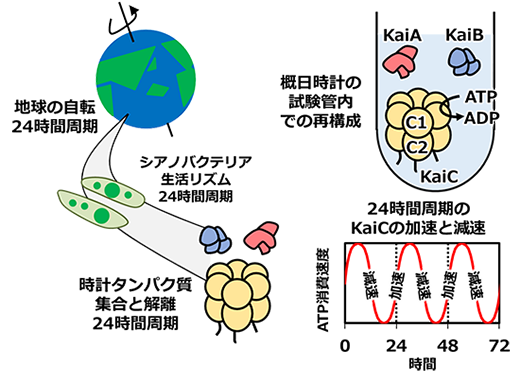2022-05-04 ミシガン大学
これらの寒冷な生存戦略は、生物学者によってしばしば個別に研究され、相互に排他的な選択肢として扱われる。
しかし実際には、多くの動物が複数の戦略を組み合わせて寒さをしのいでいるのだと、ミシガン大学の進化生物学者ジョルジア・オテリは『Biology Letters』誌上で説明している。
オーテリ博士は、寒冷環境下での生存戦略を検討するための統合的な概念的枠組みを提案しており、この論文は5月4日にオンライン公開された。
<関連情報>
- https://royalsocietypublishing.org/doi/10.1098/rsbl.2022.0050
- https://royalsocietypublishing.org/doi/10.1098/rsbl.2022.0050
寒冷環境下での生存戦略を統合するための概念的枠組み:トルファン、抵抗、季節的移動 A conceptual framework to integrate cold-survival strategies: torpor, resistance and seasonal migration
Giorgia G. Auteri
Biology Letters Published:04 May 2022
DOI:https://doi.org/10.1098/rsbl.2022.0050

Abstract
Freezing temperatures are inherently challenging for life, which is water based. How species cope with these conditions fundamentally shapes ecological and evolutionary processes. Despite this, there is no comprehensive conceptual framework for cold-survival strategies—seasonal migration, cold resistance and torpor. Here, I propose a framework with four components for conceptualizing and quantifying cold-survival strategies. Cold-survival strategies are (i) collectively encompassed by the proposed framework, and that this full breadth of strategies should be considered in focal species or systems (comprehensive consideration). These strategies also (ii) exist on a spectrum, such that species can exhibit partial use of strategies, (iii) are non-exclusive, such that some species use multiple strategies concurrently (combined use) and (iv) should collectively vary inversely and proportionally with one another when controlling for the external environment (e.g. when considering species that occur in sympatry in their summer range), such that use of one strategy reduces, collectively, the use of others (proportional use). This framework is relevant to understanding fundamental patterns and processes in evolution, ecology, physiology and conservation biology.


